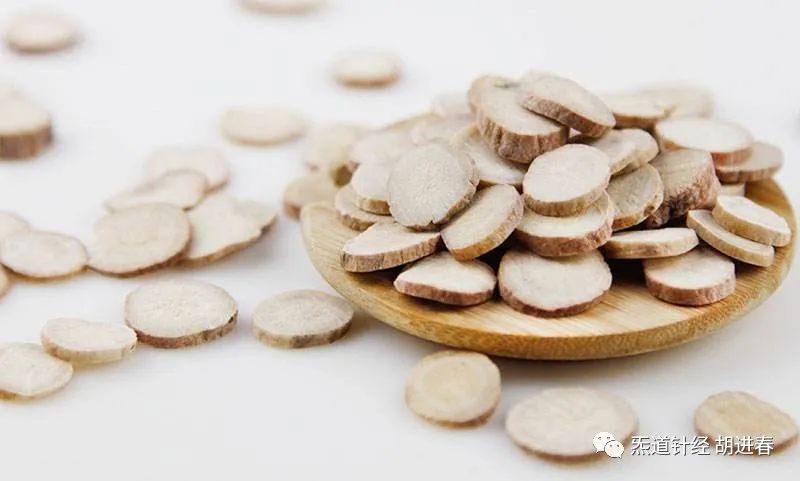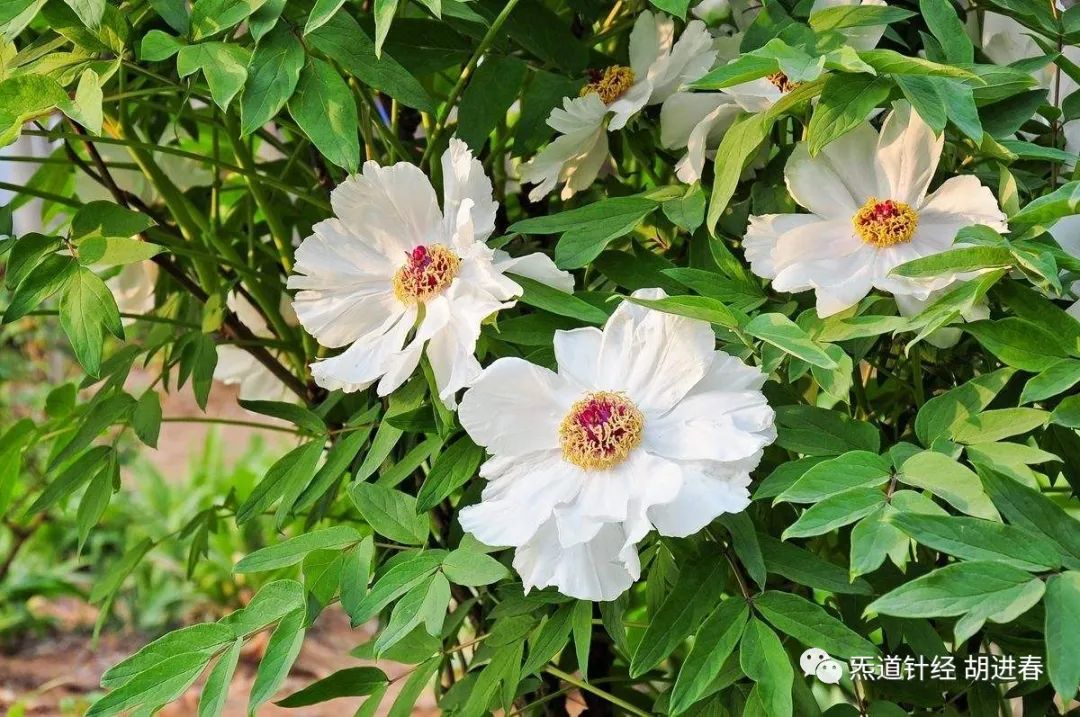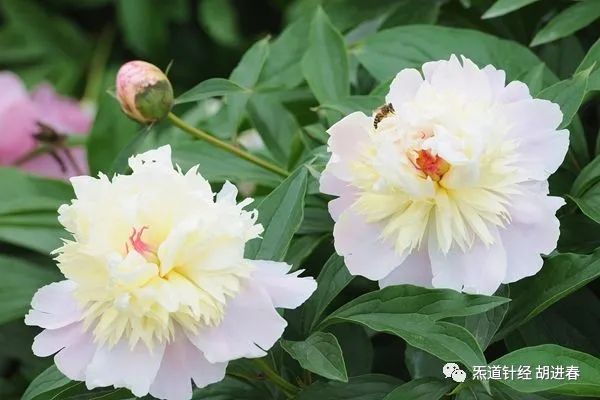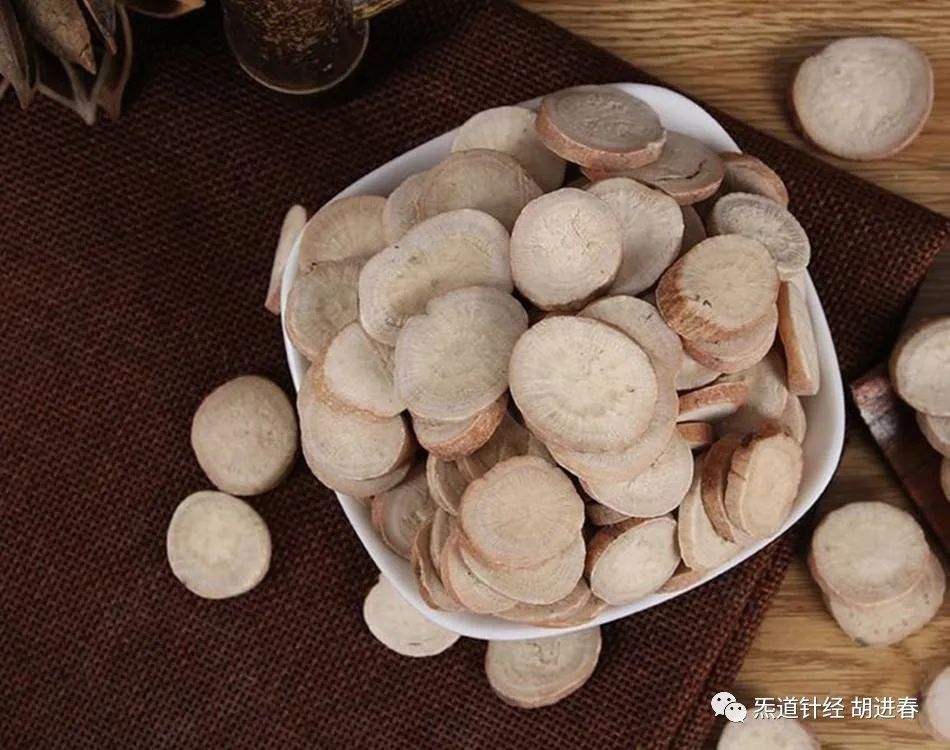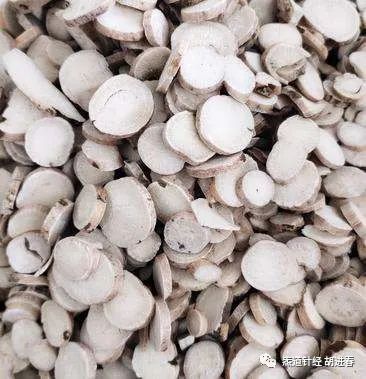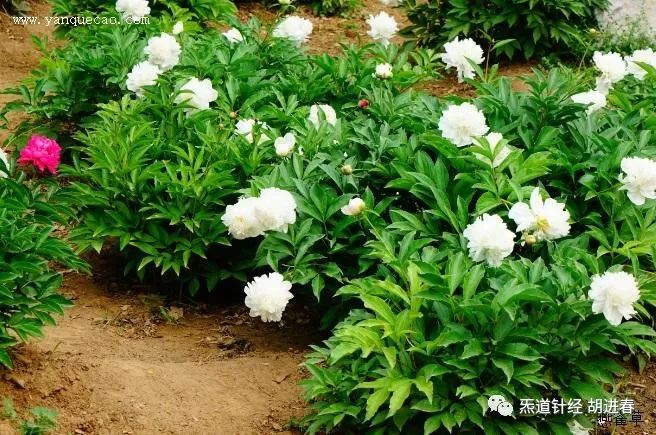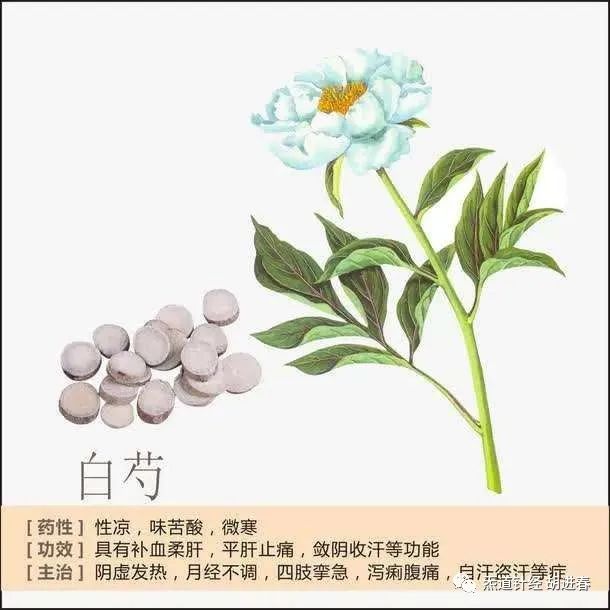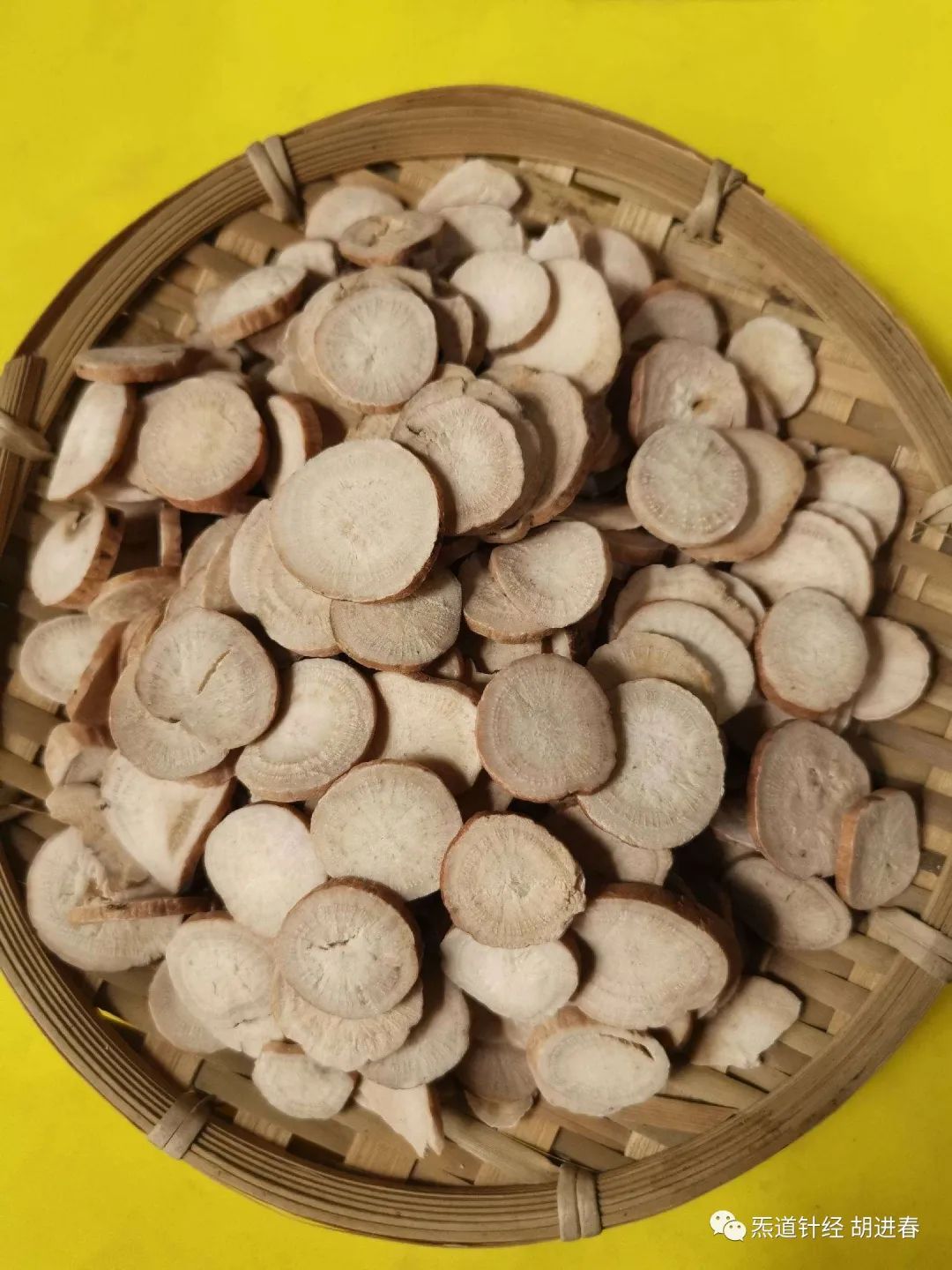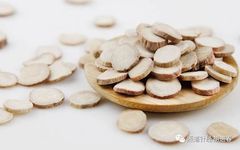🌸Daily Study of a Chinese Herb: Bai Shao (White Peony)
Mnemonic: Nourish blood and astringe yin, Bai Shao is sour; stop sweating, suppress yang, and soften the liver.
Functions and Indications: Nourishes blood, regulates menstruation, astringes yin, stops sweating, softens the liver, and alleviates pain.
Bai Shao has the properties of calming the liver, alleviating pain, nourishing blood, and regulating menstruation. It also has the effects of astringing yin and stopping sweating. Bai Shao is characterized as bitter, sour, and slightly cold. It enters the liver meridian and the spleen meridian, and is used for headaches, dizziness, and pain in the chest and flanks. It can also be used for abdominal pain. Bai Shao is effective for limb cramps, calms the liver, alleviates pain, and can be used for pale complexion due to blood deficiency, as well as for irregular menstruation. Additionally, Bai Shao astringes yin and stops sweating, useful for spontaneous sweating and night sweats. Bai Shao should not be used with Li Lu (Rhizoma Veratri), and is generally used in decoctions.
1. Nourishes Blood and Regulates Menstruation: Bai Shao is sour in flavor and enters the liver meridian, primarily benefiting the yin blood of the liver. It is commonly used to treat blood deficiency and pale complexion, and can alleviate dizziness, palpitations, irregular menstruation, and excessive menstrual bleeding.
2. Astringes Yin and Stops Sweating: Bai Shao has a bitter and sour taste, with astringent properties, and can treat sweating caused by external wind-cold or disharmony of the nutritive and defensive qi. If spontaneous sweating occurs due to deficiency, Bai Shao can also be applied for treatment.
3. Softens the Liver and Alleviates Pain: Bai Shao can astringe liver yin and nourish liver blood, positively impacting liver health. It can treat chest and rib pain caused by blood deficiency and liver stagnation, and alleviate abdominal pain and diarrhea caused by spleen deficiency and liver excess. It also has a certain alleviating effect on cramps and acute pain due to insufficient nourishment of the meridians. Bai Shao has the effects of nourishing yin, astringing yin, stopping sweating, and softening the liver to alleviate pain, primarily treating diseases related to yin deficiency and heat. Bai Shao is a medicinal material made from the root of the peony plant (Paeonia lactiflora), characterized as slightly cold and sour in taste. Traditional Chinese Medicine (TCM) considers it to have the effects of nourishing yin, astringing yin, stopping sweating, and softening the liver to alleviate pain. Additionally, Chi Shao (Red Peony) has a certain effect of invigorating blood. In TCM, Bai Shao is mainly used to treat diseases related to yin deficiency and heat, such as frequent dry mouth, dry tongue, and a subjective feeling of heat in the body, while body temperature remains normal, which is a condition of yin deficiency and heat. Secondly, Bai Shao has a stopping sweating effect; if there is frequent spontaneous sweating or night sweats, Bai Shao can effectively stop sweating. Thirdly, Bai Shao can soften the liver and alleviate pain, such as frequent pain in the flanks or abdominal pain; a large dose of Bai Shao can achieve pain relief. Modern medicine has also proven that Bai Shao has certain therapeutic effects on rheumatoid arthritis.
Suitable Population: Individuals with disharmony of liver qi, patients with cardiovascular diseases, and women with irregular menstruation.
Contraindicated Population: Patients with diarrhea caused by deficiency-cold abdominal pain.
